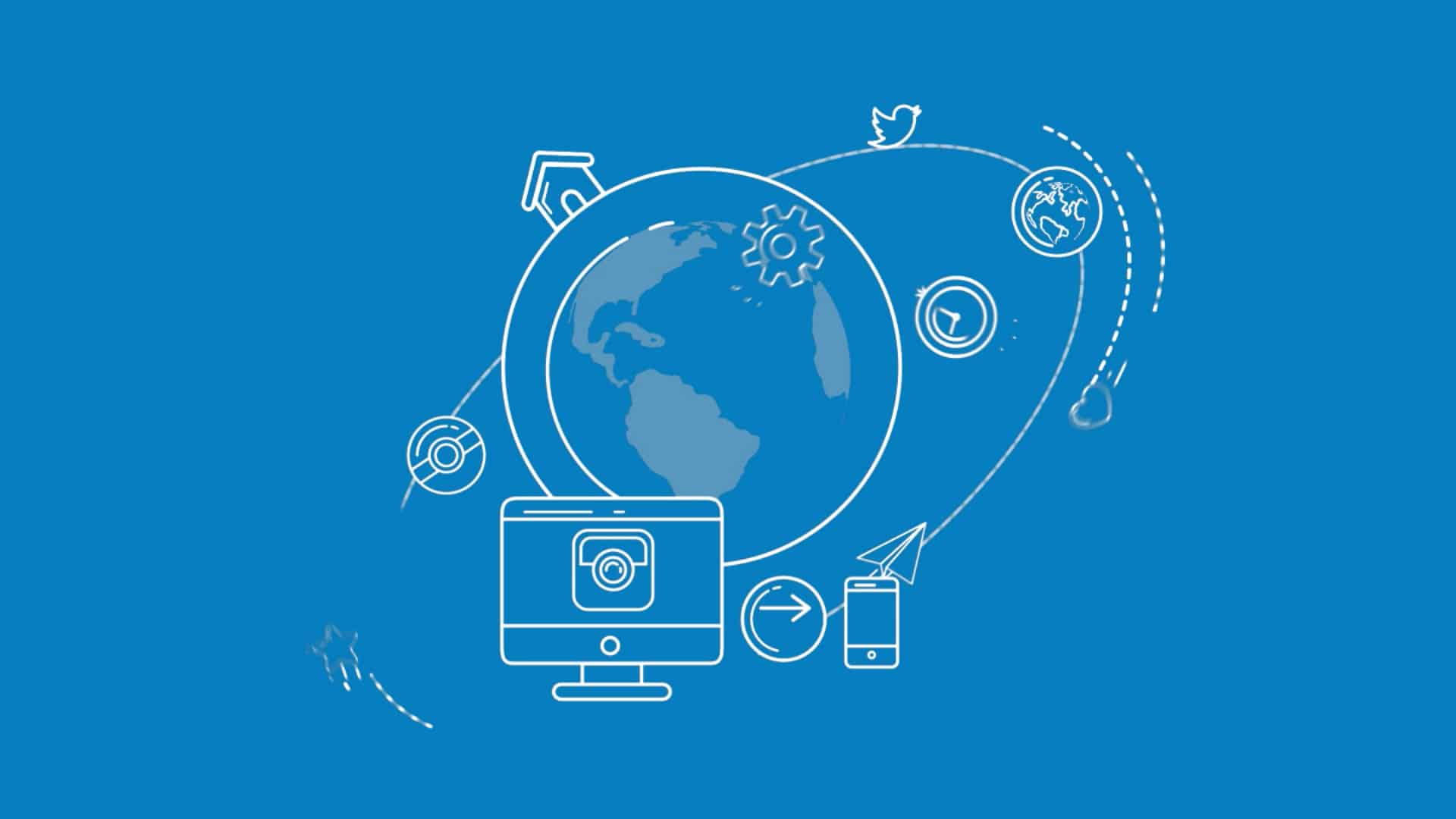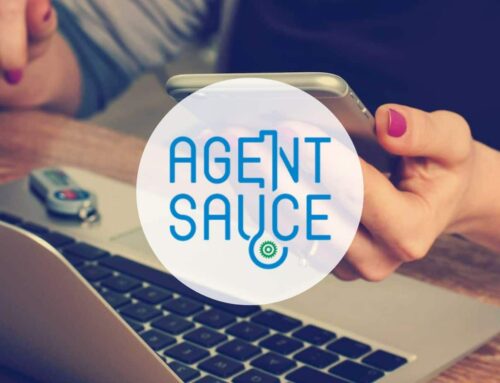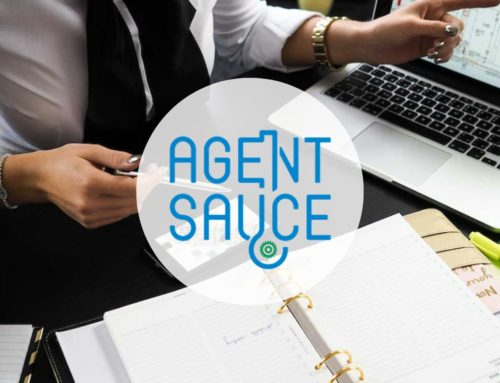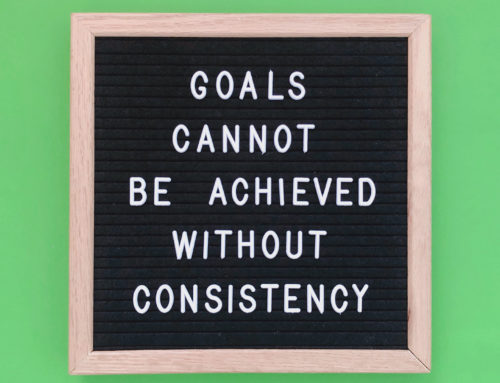Do you own your domain? Are you sure? What if you wanted to change your website host?
Podcast Takeaways
- Make sure your information is listed as the Domain Registrant and/or Domain Admin Contact. Your tech people can be the Domain Tech Contact.
- Verify your Domain Ownership at https://godaddy.com/whois/
- There are good reasons to provide access to your domains to your tech department. Just make sure to do it the right way.
Who owns your Domain? Real Estate Marketing Podcast Transcript
Adam Small: Hello and welcome back to the Real Estate Marketing Minute. I’m your host, Adam Small. And with me today again, is Mr. Douglas Karr.
Douglas Karr: How are you sir?
Adam Small: Doing Great. And you?
Douglas Karr: I am really having a blast.
Adam Small: Awesome. The last time we had you on, we kind of made reference to this blog post about … ‘Cause we were talking about the girl with the steam coming out of her ears and all that stuff. So today I want to talk about this blog post because it’s actually a really good article.
Douglas Karr: We’ll talk about the girl who was steam coming out of her ears.
Adam Small: Yes. I want to talk about her. No, no, it’s actually a really good article and I think it’s one that’s really relevant to real estate agents. And the title of your article is RANT: Who Owns Your Domain? The basic premise of it is, and this happens with so many things, but I see it a lot in real estate where the real estate agent will sign up with a company to do a website for them and then they don’t actually end up owning their domain. The company ends up owning their domain. And so apparently this recently happened to a customer of yours and you wrote a rant about it because it makes it so much harder for the real estate agent not in my case or for your customer to do anything if they want to move on.
Douglas Karr: Yeah. One of the things that I said in this article too was don’t think of it as something like nefarious. This agency wasn’t trying to be evil in any way, shape or form. It made their lives easier. They basically, the company in this case it was an IT group, so this IT group was going to take care of their email and their domain-
Adam Small: The hosting, everything, right?
Douglas Karr: Yeah. All of that stuff. And so they said, yeah, go ahead and click here, whatever. We’ll take over the domain and then what we can administer all of this. And so it made their lives easier.
Adam Small: Right, right. It made it easier for them to set everything up for the customer, to get it operational. And if anything were to occur later on, they were able to just get right in and fix it without any problems.
Douglas Karr: Exactly.
Adam Small: So it’s not a nefarious thing, they’re not going, “Hey, I’m stealing your domain and holding it hostage.”
Douglas Karr: Exactly. But the practical part of it is that it is holding it hostage, and so I gave a couple of examples. I said, “Let’s say you had a dispute with the company over billing.”
Adam Small: “I’m going to turn your service off.” “Oh, and you want your domain? No I don’t think so.”
Douglas Karr: In this example what happened was they took the domain, put it on their own registration, and then they changed … There’s basically three key records with a domain. There’s the owner, there’s the administrator, and then there’s the tech contact. Most people just say fill it all in the same thing. These people did too. The problem is that they filled it all in with their company’s domain and so technically, they owned the domain, not my client.
Douglas Karr: Now they came back and they said, “That’s not the case. On paper, in our legal paperwork, in our contract and everything else you own it.” And my point is, is I don’t care what the paperwork says. If the IRS sued and pulled all of your resources-
Adam Small: This will not show up as an asset.
Douglas Karr: Exactly. It would go with them and now my-
Adam Small: Okay, I’m sorry. I misunderstood you. It would show up for the tech companies, but it wouldn’t show up for the customer.
Douglas Karr: Exactly. And so the customer would lose control. My problem with it is that there’s a work around and the work around is that you have three different email addresses there.
Adam Small: Owner, admin and technical, and they can be one of the other two just as long as you’re not owner and it’ll work.
Douglas Karr: Exactly. So the owner can remain whoever owns the domain. The admin could have been the billing, so it could have been the finance person at the IT group and then the tech could have been the tech at the IT group. And all of this would have been great. Now, they got really offended when I said something, and I told them, I said, “I’m not trying to be a jerk. I’m just trying to protect my client. That’s all.” And that’s that if you don’t own your domain, and there’s a easy way for you guys listening to do this, you go to godaddy.com/whois and you can look up your domain that your site is hosted on and it’s going to tell you who the registering is.
Douglas Karr: Now, there’s an exception there that I didn’t write about in the post. And that’s that if you have privacy turned on, they won’t see anything, but you’ll see that, you’ll see that privacy is turned on. Most people don’t turn that on, but the problem is if you go to your domain and you see somebody else’s email address in the registration-
Adam Small: Then you don’t own it. Right? It’s as simple as that.
Douglas Karr: Technically, you don’t. And so that’s the problem is, is that I see all the time turnover with marketing agencies, IT groups, subcontractors, everything else-
Adam Small: Even businesses where they have the tech guy do it, but the tech guy doesn’t register for the business, they just put their name on it. I’ve seen that happen.
Douglas Karr: We had a pest control company that we worked with that they had an employee that registered all of their domains, the employee left and took them with. And they had to sue to get them back and they had to sue because they were all in his name. Had it been in their name-
Adam Small: And he didn’t want to give them back.
Douglas Karr: He did not want to give them back.
Adam Small: He was disgruntled for one reason or another.
Douglas Karr: It’s a really, really important thing here that by the time you blog, build a website, work on your site, your years-
Adam Small: You’re building an entire presence and persona online and you’re investing a lot of time and money and effort into this.
Douglas Karr: It will be like remodeling an apartment.
Adam Small: By the time you’re getting done with it, yeah-
Douglas Karr: Somebody else owns that apartment, so they can kick you out and it’s theirs. And so I just can’t say it … Again, if you go do a whois and you see that it’s your agency on there, don’t get mad-
Adam Small: Don’t fly off the handle, just get it corrected.
Douglas Karr: Don’t fly off the handle, just definitely tell them, “Hey, I’m not comfortable with this. I’ll add you as an admin and a tech, but you need to have my email address as the owner.”
Adam Small: Now, along those lines one of the reasons they do it, the companies do this is because of the ability to easily administer the account, to log in and change a DNS setting or change a setting that’s in domain-
Douglas Karr: Yeah, there’s good reasons why they want to access.
Adam Small: In particular, a good way around that is like with a service like GoDaddy and their domain registration, they actually have where you can share that administration ability with other companies. So you can own it and you can say, “Yeah, this person here, they can administer it for me.” And it’s a super easy thing to do. If you’re using GoDaddy in particular, and I’m not affiliated with them, I buy from them, but I’m not affiliated just to put that out there-
Douglas Karr: They’re fast and cheap.
Adam Small: Right. They’re fast and cheap, but so if you affiliate or if you’re using them, it’s super easy. There’s no reason for you not to be the owner and somebody else to be not be able to log in and just go in and change it. It’s as simple as that.
Douglas Karr: That’s exactly, it’s no reason … And so I didn’t argue this IT group. I just said, “We’re changing it.”
Adam Small: Right.
Douglas Karr: No hard feelings. It’s just not going to go that way.
Adam Small: Exactly. And I think that most other domain registrars out there have some method of allowing this as well. So there’s really no reason for them, for any IT company, anybody other than you to own your domain. It just simply shouldn’t happen.
Douglas Karr: No, absolutely.
Adam Small: They shouldn’t be able to administer it, but not own it.
Douglas Karr: And there’s all the problems. There’s the problems that if they let it lapse, maybe they have a cash flow problem and didn’t pay it on time or-
Adam Small: They didn’t realize it.
Douglas Karr: Yeah. This client was getting a renewal every year and the renewal was, I think it was like $40 per domain.
Adam Small: It’s a little on the high side.
Douglas Karr: That’s on the high side. Now, these guys said, “Well, we charge that because we actually administer it.” And I’m like, “Well, they pay you an hourly fee to administer it too, so you’ve kind of doubled dip in there.”
Adam Small: Well, and honestly there isn’t much to do to administer domain once it’s set up.
Douglas Karr: Well, that’s why just I threw that in. Every year they get a renewal. Well, on GoDaddy I can buy 10 years exact and I don’t have to worry about it for 10 years and I can set up auto renew where it covers my credit card.
Adam Small: It happens like magic.
Douglas Karr: Everybody out there, all of these things, you just want to make sure that they’re in your control. Make sure you own your own domain.
Adam Small: Absolutely. Have to agree buy your own domain. Any other thoughts on that, Doug? Any final thoughts?
Douglas Karr: No. Use your domain for your email address too.
Adam Small: That’s a whole different story. We’re actually going to talk about that one too, but not in this episode. Thanks so much for listening to the Real Estate Marketing Minute guys. We do appreciate it. If you like what you hear, don’t forget to like and subscribe. Thanks so much and have a great day.
Douglas Karr: Do a review.
Adam Small: Do a review too. Yes.







